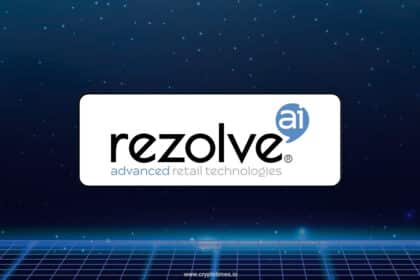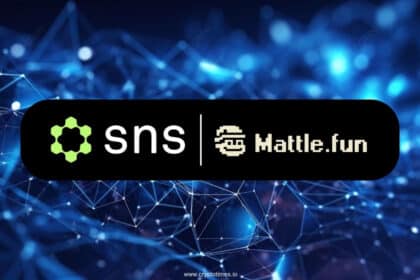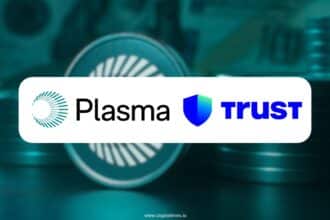Block, Inc. has unveiled Proto Rig, a modular Bitcoin mining system, along with Proto Fleet, a free open-source fleet management software. The announcement was made at Core Scientific’s facility in Dalton, Georgia, where Proto Rigs are already mining as part of their fleet.
In an official press release, Block said that these products mark a step toward decentralizing Bitcoin mining hardware, opening access to more builders and increasing network resilience. Proto Rig and Proto Fleet are the first full releases from Proto, Block’s suite of Bitcoin mining products, following its initial chip sale to Core Scientific.
Proto Rig moves away from disposable mining hardware. Its modular design lets operators swap individual hashboards instead of replacing entire units, extending rigs’ lifespans from three to five years to up to 10. This can cut upgrade costs by 15 to 20% per cycle. Tool-free repairs turn processes that once took hours or days into seconds.
“Mining hardware hasn’t really changed in years,” said Thomas Templeton, Hardware Lead at Block. “Machines break often, are hard to repair, expensive and time-consuming to upgrade, and don’t make the most efficient use of power or space. With Proto Rig, we set out to change all of that—and contribute to hardware decentralization in the process.”
Significant Upgrade to Traditional Mining Hardware
The system delivers 1.5 times the power per foot of rack space compared with traditional rigs and works with modern and legacy infrastructure, improving efficiency without major changes. Alongside Proto Rig, Block also introduced Proto Fleet, which combines power scaling, monitoring, diagnostics, and maintenance tools.
Templeton also added that, “Mining hasn’t really caught up with advances in software more broadly. We saw an opportunity to make mining software modern and efficient.” Proto Fleet allows miners of all sizes to manage operations at no cost.
Currently, Bitcoin mining remains expensive with rigs often costing more than $10,000. While mining companies can generate over $50 million dollars of Bitcoin each day, profits vary depending on electricity costs, mining difficulty, and hardware efficiency. Some miners have also turned to high-performance computing and AI to boost income or keep mined Bitcoin for potential future gains.
Proto Rig and Proto Fleet show Block’s commitment to improving mining infrastructure and making operations simpler and more dependable. By giving miners better tools and more control, the company aims to help operators of all sizes take part in the network effectively.
Also Read: David Bailey’s Nakamoto Joins KindlyMD to Build Bitcoin Treasury











